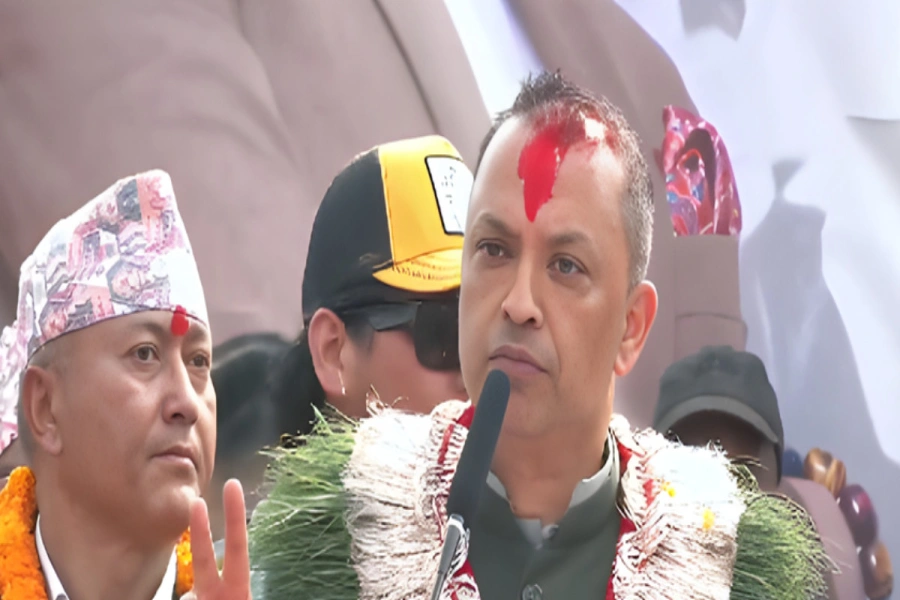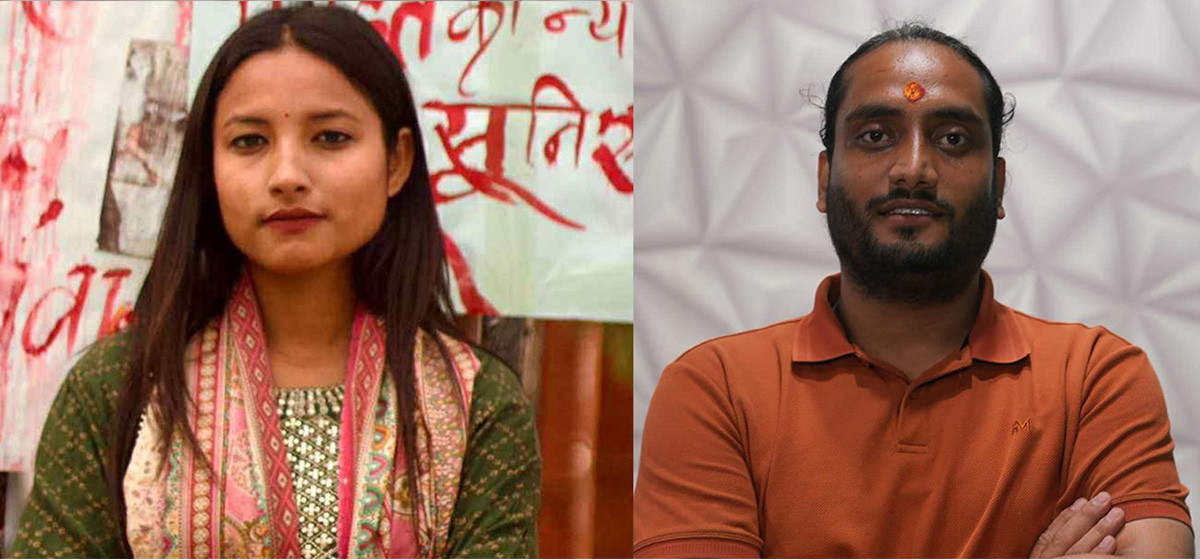The concept of democracy is fairly straight-forward: ‘Government of the people, by the people and for the people.’ People choose the candidates who they believe are best poised to run the government. Why then is this fairly simple system losing its sheen, not just in Nepal but elsewhere as well? Why are so many “democratic” countries still facing chronic political crisis, rampant corruption, and gross under-development and governance failures?
This is because of our lack of democratic understanding and our ill-equipped approach to handling democracy. Or is democracy not a universal solution we all perceive it to be? Or is democracy its own big enemy? This article intends to start a discourse on why democracy is failing in developing world and how it can be tailored to get the desired outcome.
Birth of democracy
Even when democracy was at its infancy, it met with its fiercest critic in non-other than Socrates and Plato themselves. In book 6 of The Republic, Socrates asks Edimantus: “Who would you let to choose the sailor of the ship in a storm?” This question still draws many critics alongside what is rational and what is not.
No one should dream of going against democracy: PM Deuba

Socrates argued voting is a skill that comes from knowledge, reckoning and not a birth right anyone gets. It couldn’t have been more tragic for him, as he was convicted and sentenced to death for corrupting youths of Athens. The Cold War prompted or forced most of the nascent nations to follow democracy. The stabilization after the great depression and other economic crisis and cold war set an amazing precedent in favor.
The US and Western pressure induced many other countries to follow democracy, almost forcibly using huge economic and political might. The number of “democracies by force” or “democracies by accident” rose up. Unsurprisingly, without localization, proper understanding and strong political foundation majority of such countries are heading toward failure.
Some rulers used this to legitimize their power. Interestingly, Russia and North Korea term themselves as democracies. Arab Spring 2011 and Venezuelan crisis of 2018 pose serious question about whether democracy is a scapegoat and another form of Western invasion.
Democracy works on two fundamental assumptions: Elections and democratic institutions. Elections are the hallmark of a democracy. The freedom of people to choose their leader is perfect. For that, as Socrates said, there should be two things without fail. First, people should be knowledgeable and aware of the reason they are choosing their leaders. Two, leaders should mean what they say, work accordingly and ensure elections are fair.
More often than not, especially in the developing world, elections are run by rhetoric, false promises, mud-slinging, division amongst various parameters and using money-muscle power wherever possible. Leaders are least concerned about voter’s awareness as they benefit heavily by keeping people in loop. As a result, people end up choosing leaders with short-sightedness or one falsely based on legacy. Sadly, those people become leaders. The vicious circle is then continued. People end up choosing wrong leader who then uses the massive power to win next elections. Then people begin to think politics as a dirty game which keeps capable leaders away from politics. An unseen chain is created to ensure people have to depend upon politicians to complement politician’s dependence upon people for votes. Thus rises nepotism, favoritism and corruption.
Elections are hacked, politicians find loophole to run government “legitimately”. The noble idea of the power of majority gets distorted. But democracy is more than just elections. What if the elected politicians serve themselves more than people? This is where democratic institutions come into picture, for checks and balances, to ensure things are moving along the way they are supposed to. In young democracies, from election commission to the police, to court, bureaucracy and media, every institution is politicized. This is the reason we see politicians involved in corruption and illegal activities win elections and others lose.
Case of Nepal
Nepal has been a democracy, on and off since the 1950s and fully since the 1990s. Sadly, though, we have seen numerous governments, increase in corruption, widespread nepotism and weakening of democratic institutions.
This raises another question: “Are our leaders failing us or the system is designed to fail?” If past is something to go by, we can come to conclusion that system design is in fault itself, particularly because we have seen leaders across many parameters. Right from grass-roots level, the political design is at fault. Politics now is less dictated by ideology and pragmatism and more by money and muscle. We saw even billions being spent in the local elections. Money defeats politics.
Winston Churchill once said “Democracy is the worst form of governance except others which have been tried from time to time”. Democracy is in need of swift intervention. The beginning of solution could be by not looking at a question of “either or” with democracy. We will need to find solution within democratic parameters.
The vicious circle needs to be broken. While the concept of leaders having heart of gold is gone with Plato himself, we need to make system which can bring leader as close to that. At least, we can start discussing on ideas. To begin with, countries need to tailor democratic practices based on their ground reality. Election will need to factor the general and political literacy rate. Leaders and politicians may be screened or even tested for their preparedness to govern. And institutions have to be strengthened.
In existing scenario elections and democracy fails profoundly. It creates new aged tyrants wearing veil of democracy. People will continue to be oppressed, political-machinery will continue to be oiled and election will be won. But democracy will lose. Democracy will then be governance of the leader, by the leader and for the leader. But we cannot afford to have more sailors not qualified for sailing us. For the sea is stormy and the ship is about to wreck.








































